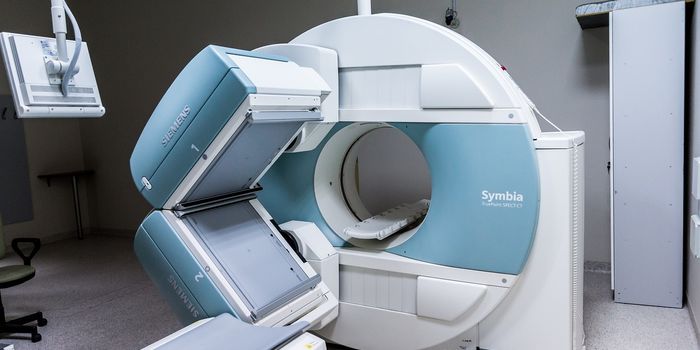Mass Cytometry Can Bring New Cancer Therapeutics
New technology may soon accelerate cancer therapeutic development. The revolutionary technique is called mass cytometry (also referred to as CyTOF) and can reveal the inner workings of individual cancer cells. The technology can help identify different cancer markers that respond to diverse anti-cancer medications—suggesting new treatment combinations.
Learn more about cancer cells:
"We wanted to better understand the molecular differences between individual cancer cells so we could discover how these differences impact the cancer's response to therapies -- for example, whether some cells are more resistant than other anti-cancer drugs," Dr. Charis Teh , one of the study lead authors. "We decided that a new technology, called mass cytometry, would be an ideal approach to address this question."
CyTOF was demonstrated on blood cancer cells taken from myeloma patients samples and revealed the suitability of some ‘biomarkers’ in treating patients most effectively.
"The system we developed simultaneously and precisely measures 26 separate proteins in a blood cancer cell line derived from myeloma -- an incurable cancer of immune B cells," Dr Teh said. "We focused on understanding why some cells are sensitive to anti-cancer agents, while others are resistant.
Researchers found a protein-- MCL-1—that can prevent cell death and is believed to be a key factor for determining whether cells have lived or died when exposed to certain drugs like dexamethasone or bortezomib.
"Excitingly, there are already drugs in clinical trials that inhibit MCL-1 -- and when we tested these against myeloma cells, we found the MCL-1 inhibitor made the cells more sensitive to dexamethasone. This was even the case in myeloma samples taken from a patient -- our system had identified a potential new therapeutic approach for myeloma," Dr Teh said.
Source: Science Daily









